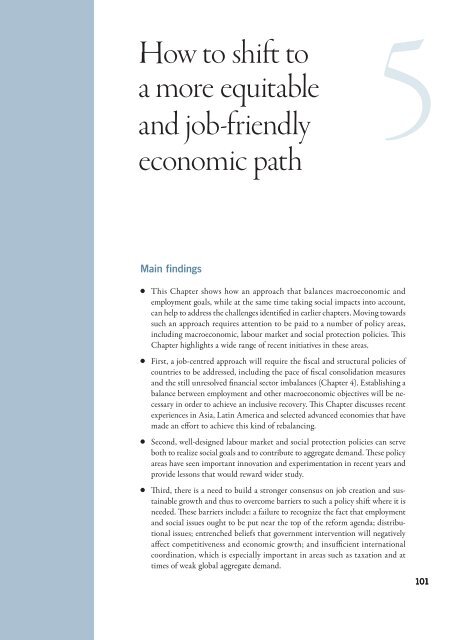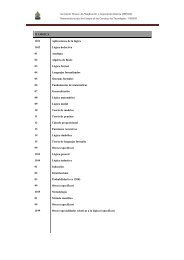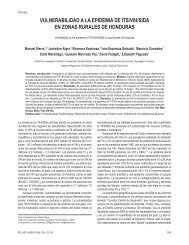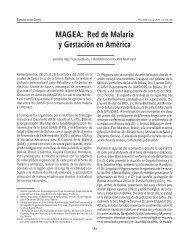World of Work Report 2013 - International Labour Organization
World of Work Report 2013 - International Labour Organization
World of Work Report 2013 - International Labour Organization
You also want an ePaper? Increase the reach of your titles
YUMPU automatically turns print PDFs into web optimized ePapers that Google loves.
How to shift to<br />
a more equitable<br />
and job-friendly<br />
economic path<br />
Main findings<br />
● This Chapter shows how an approach that balances macroeconomic and<br />
employment goals, while at the same time taking social impacts into account,<br />
can help to address the challenges identified in earlier chapters. Moving towards<br />
such an approach requires attention to be paid to a number <strong>of</strong> policy areas,<br />
including macroeconomic, labour market and social protection policies. This<br />
Chapter highlights a wide range <strong>of</strong> recent initiatives in these areas.<br />
● First, a job-centred approach will require the fi scal and structural policies <strong>of</strong><br />
countries to be addressed, including the pace <strong>of</strong> fi scal consolidation measures<br />
and the still unresolved fi nancial sector imbalances (Chapter 4). Establishing a<br />
balance between employment and other macroeconomic objectives will be necessary<br />
in order to achieve an inclusive recovery. This Chapter discusses recent<br />
experiences in Asia, Latin America and selected advanced economies that have<br />
made an effort to achieve this kind <strong>of</strong> rebalancing.<br />
● Second, well-designed labour market and social protection policies can serve<br />
both to realize social goals and to contribute to aggregate demand. These policy<br />
areas have seen important innovation and experimentation in recent years and<br />
provide lessons that would reward wider study.<br />
● Third, there is a need to build a stronger consensus on job creation and sustainable<br />
growth and thus to overcome barriers to such a policy shift where it is<br />
needed. These barriers include: a failure to recognize the fact that employment<br />
and social issues ought to be put near the top <strong>of</strong> the reform agenda; distributional<br />
issues; entrenched beliefs that government intervention will negatively<br />
affect competitiveness and economic growth; and insuffi cient international<br />
coordination, which is especially important in areas such as taxation and at<br />
times <strong>of</strong> weak global aggregate demand.<br />
101

















